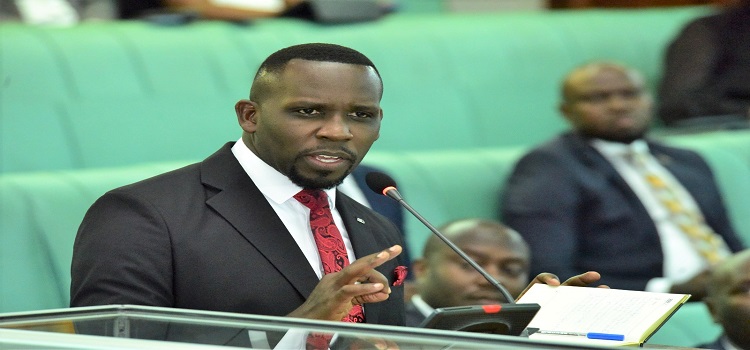Opposition MPs Decry Regional Parliamentary Sittings as Wasteful Spending
Several Opposition Members of Parliament have criticized the Regional Parliamentary sittings organized by the Parliament of Uganda, labelling the Shs20Bn budgeted for these sessions as a waste of taxpayers’ money. Each of these settings is expected to cost around Shs5Bn.
During a press briefing at Parliament, Joel Ssenyonyi, the Leader of the Opposition, voiced his concerns about the allocation of such a significant amount of money to regional sittings that, according to him, have not yielded substantial results. He argued that the funds could have been better utilized in addressing pressing issues facing the country, such as healthcare and education.
Opposition MPs have raised questions about the transparency and accountability of these regional sittings, pointing out that there is limited public information available about the outcomes of the sessions. They have also highlighted the logistical challenges and inefficiencies that have marred the organization of these meetings, further adding to the criticism of the expenditure.
Despite the opposition’s concerns, supporters of the regional parliamentary sittings argue that they provide an important platform for engaging with citizens outside of the capital city and for addressing regional concerns at a grassroots level. They defend the budget allocation, emphasizing the need for inclusivity and democracy in the governance process.
Overall, the debate surrounding the regional parliamentary sittings reflects broader discussions about fiscal responsibility and government spending priorities in Uganda. It raises questions about the effectiveness of such initiatives in promoting accountability and good governance, as well as the value they bring to the country’s democratic processes.
How Will This Affect Me?
The criticism of the regional parliamentary sittings as wasteful spending may have implications for taxpayers in Uganda, as it puts pressure on the government to justify its allocation of funds. This scrutiny could lead to increased transparency and accountability in public spending, ensuring that taxpayer money is used more efficiently and effectively.
How Will This Affect the World?
The debate over the regional parliamentary sittings in Uganda highlights broader global concerns about government accountability and transparency. As discussions around fiscal responsibility continue to gain traction worldwide, the outcome of this debate could serve as a valuable case study for other countries looking to improve their governance practices and ensure that public funds are used responsibly.
Conclusion
In conclusion, the opposition’s criticism of the regional parliamentary sittings in Uganda underscores the importance of effective governance and responsible fiscal management. By raising awareness about the need for transparency and accountability in public spending, this debate has the potential to drive positive changes not only in Uganda but also on a global scale, contributing to a more open and accountable government for all.




